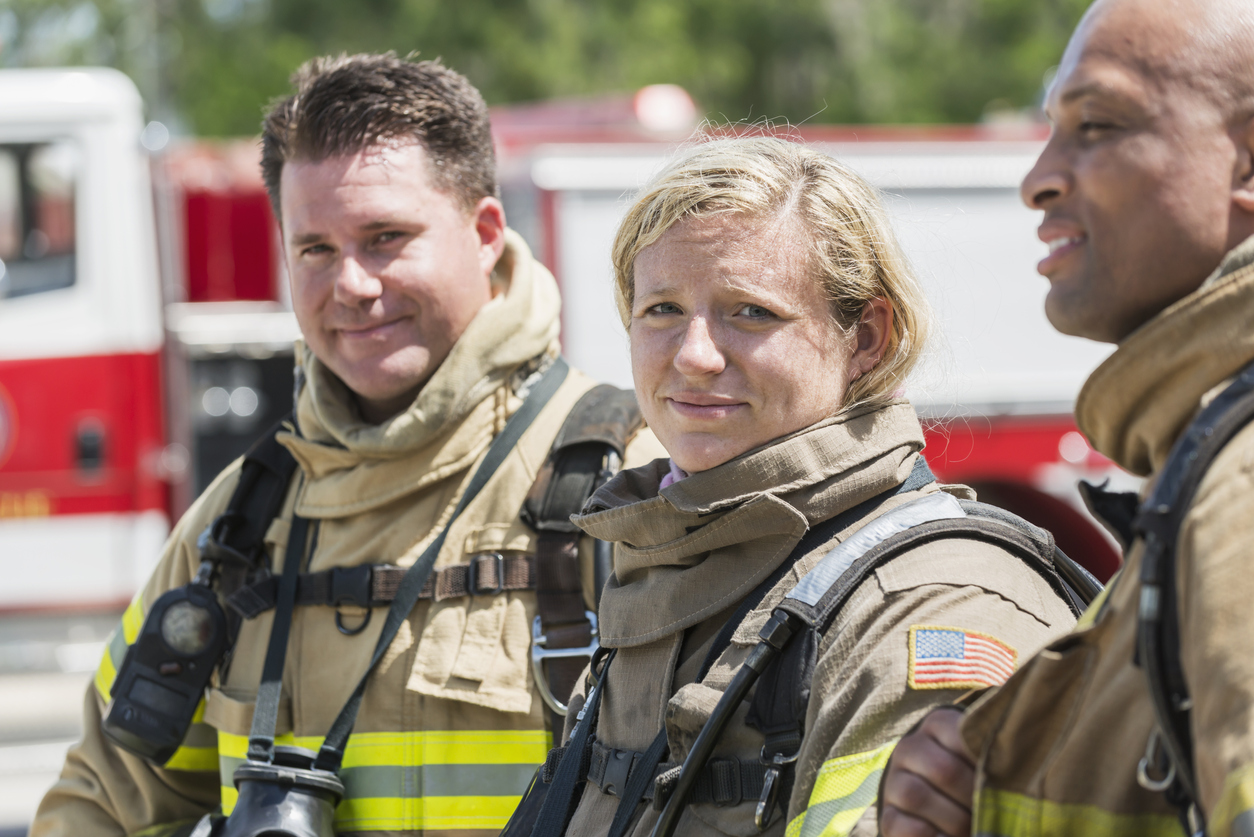
Firefighter injuries are a common theme with firefighters who fight blazing infernos on a routine basis, and they must know how to recover. Most prepare for getting hurt with a good firefighter insurance policy. However, it does not always help them prepare to deal with the aftermath of an injury.
Firefighter Injuries and the Journey Back
To increase the likelihood of receiving all the firefighter benefits they are due, here are some steps firefighters can take after being injured.
Create a Paper Trail for the Firefighter Insurance Company
The minutes that follow getting hurt on the job can be overwhelming, but workers should try to remain calm. An insurance company will need to see documentation of the accident, and keeping a level head is imperative to provide an accurate description of details.
The firefighter should stop work immediately and report the injury to a supervisor. Firefighters are generally rugged individuals with high pain tolerance, so they may not be good judges of how severely they are hurt. For this reason, the person in charge always needs to know what happened, even when the victim reports only mild pain.
Next, someone must report the accident to authorities. Many states and municipalities have their own versions of incident forms. For example, New York’s city fire department requires the CD-72/73 form, and the U.S. federal government has its own form, the NFIRS-3.
Seek Medical Treatment
If the injured firefighter requires first aid, those administering it should document their observations and actions. Good Samaritan laws protect those assisting in an emergency so that they can do this without fear of liability. If the firefighter refuses their help, they can also note this fact.
Types of injuries that might require a trip to the hospital include the following:
- Head injuries
- Breaks or tears to bones, tendons, or muscles
- Burns that are second-degree or greater or that extensively cover areas of the body
- Exposure to toxic fumes or radioactive substances
- Heat stroke or hypothermia
Firefighters should inform the attending physician that their injuries occurred on the job. If they come into contact with toxic substances, they should describe them in as much detail as possible. Once released from the hospital, it is essential to keep any follow-up appointments the doctor recommends.
Call a Firefighter Insurance Agent
Firefighter injuries happen. Once the emergency is over, injured firefighters should call their insurance agents. Because it becomes more difficult to recall details as time passes, they should only wait a few days. It can take some time before an accident victim receives reimbursement, so the sooner the process begins, the better.
The insurance agent will want to know details of the accident as well as some of the following information:
- Name and birth date of the insured person
- Policy number
- Name and address of the employer
- Location of the accident
Following the above steps will ensure that the facts about any accident are indisputable. Doing so also makes it easier for firefighter insurance agents to file claims promptly and increases the likelihood that those injured in the line of duty receive all the firefighter benefits they deserve.
About Provident Fire Plus
At Provident Fire Plus, we offer custom-tailored packages to best protect firefighters and volunteer firefighters. We understand the risks that emergency response teams are subjected to on a daily basis, and have worked to serve these dedicated professionals for over 87 years. For more information about our products and policies, we invite you to contact our experts today at (855) 201-8880.

